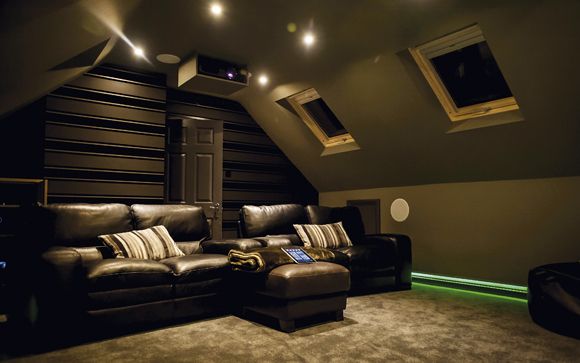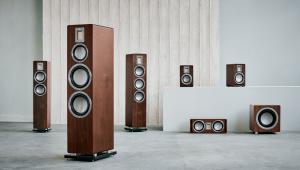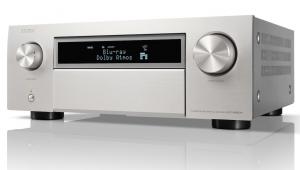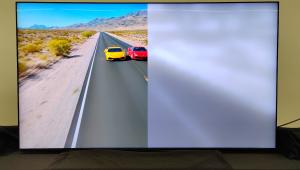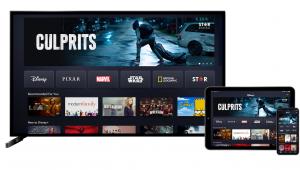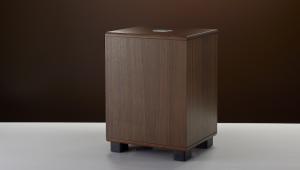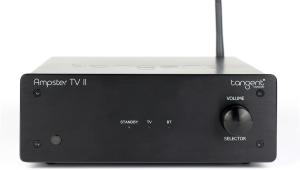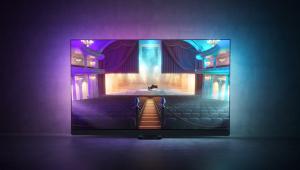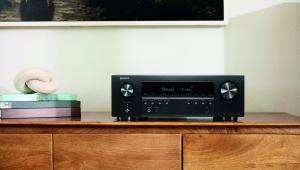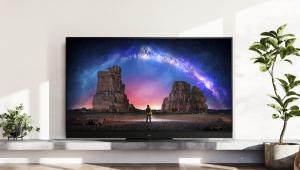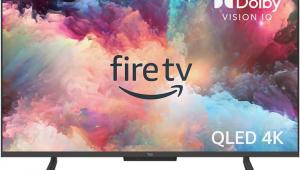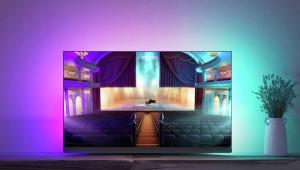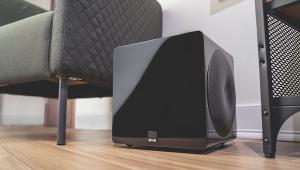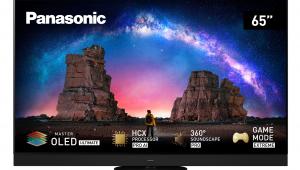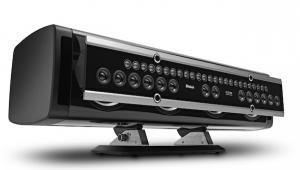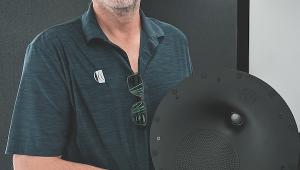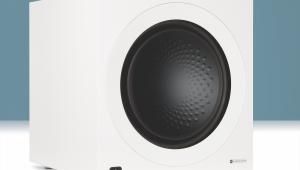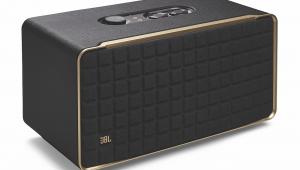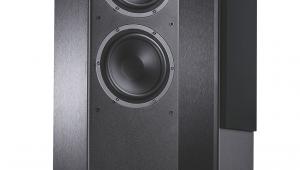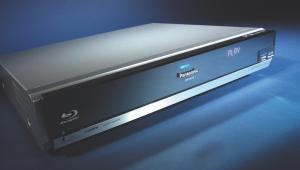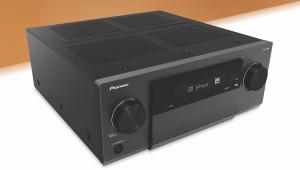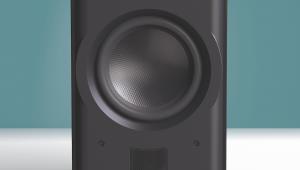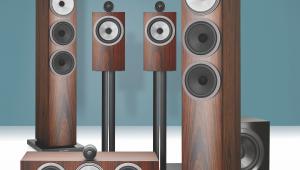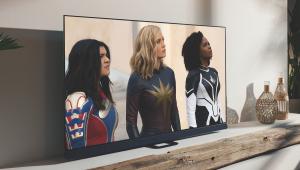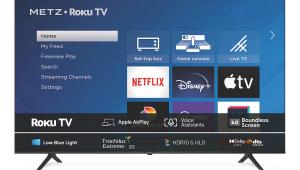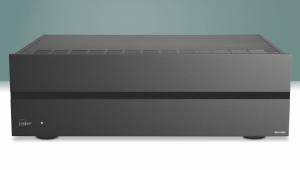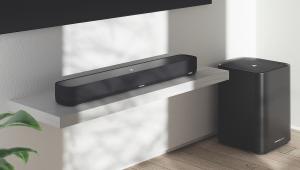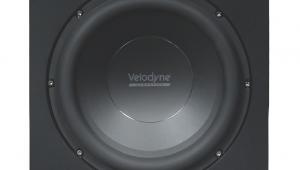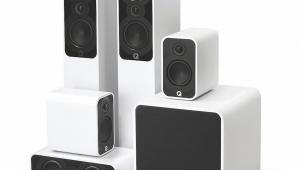Sky: 4K Sky Q Mini not ruled out
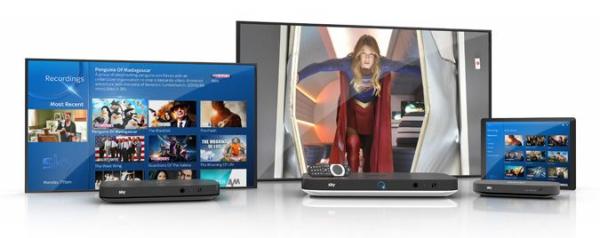
Sky has admitted to HCC that its new Sky Q Mini second-room TV streamer is unable to play 4K content from a Sky Q Silver UHD set-top box, but the company isn’t ruling out the possibility of a UHD Mini when it thinks the time is right.
'We don't think this is a problem at launch as the penetration of 4K TVs is so low,' comments Sky's Director of New Products Andrew Olson, 'but you can imagine over time there will be a version that will support 4K. But as of right now the Mini is exactly the same as our Sky Q standard PVR. It has the same chipset.' Consequently, any 4K recordings on the Silver won't be visible to users of the Mini, he says.
For those playing catch-up, Sky Q is the biggest technology launch from the broadcaster since Sky HD. It not only seamlessly mixes satellite channels with internet-delivered on-demand content, it's also 4K capable (channels TBA). The flagship Silver PVR has a 2TB drive, and the ability to record up to four channels simultaneously. It's joined by an HD-only stablemate with a 1TB drive. Both stream content to Mini tellyboxes which have no local storage.
Unsurprisingly, this new premium service will come with a sizeable price tag. The base cost of Sky Q will be £42 per month, with the Sky Q Silver bundle (including one Sky Q Mini box) starting at £54. On top of this, there's also the small matter of a £99 setup cost.
Third-party partnersFor the first time, Sky has also partnered with other content providers, bundling their apps onto its new platform. Third party suppliers include Go Pro, GQ, Wired, Funny or Die, Red Bull and Vevo. There are also sidebar apps, including one for local weather.
But what of the big two streaming services? Will we ever see Netflix or Amazon on Sky Q? 'Well, we're talking to lots of different folks,' says Olson. 'We're open to working with different partners and we want to create a great experience. We've worked really hard to make these apps look and function like Sky Q. We've put a lot of energy into making sure they all work the same way.'
Olson says that Sky is also looking at adding Dolby Atmos support – but admits it isn't on the agenda anytime soon. 'We should be able to support it with the chipset we're using. There are different ways to do it – as a pass-through bitstream or demux the audio channels in the box, which is what we do today,' he says. Ultimately it's about demand, though. 'There's the question of how many people actually have Dolby Atmos hardware at the moment. With a brand-new product you have to focus on features that a lot of people will use. We have to compare Atmos to YouTube, and prioritise development.’
Still, Olson is willing to reveal that his Sky roadmap has some interesting detours. 'We're playing around with Virtual Reality,' he admits.
'We're about long-form content to a great degree, but we have a research group that looks at things like this. I haven't seen a Google Cardboard demo that doesn't overheat in ten minutes, and it'll be interesting to see if Oculus Rift achieves scale, but we'll experiment internally to see what might be compelling for our customers.'
'I think eventually we'll get there. The logical extrapolation is when VR gets to contact lenses. Just as the iPod was inevitable from that first Sony Walkman, when you look at Oculus Rift, VR contact lenses seem just as inevitable. It's just a question of miniaturization. Saline is a conductor, so you can put them overnight in a saline solution to clean them – and they would also charge.'
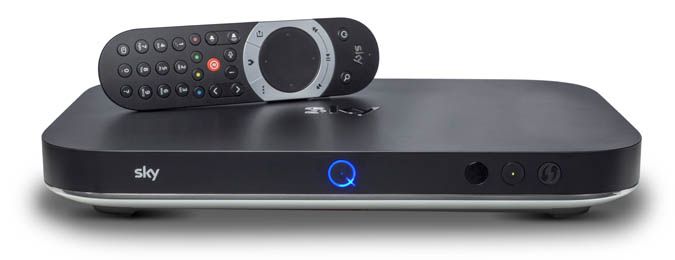
 |
Home Cinema Choice #351 is on sale now, featuring: Samsung S95D flagship OLED TV; Ascendo loudspeakers; Pioneer VSA-LX805 AV receiver; UST projector roundup; 2024’s summer movies; Conan 4K; and more
|
